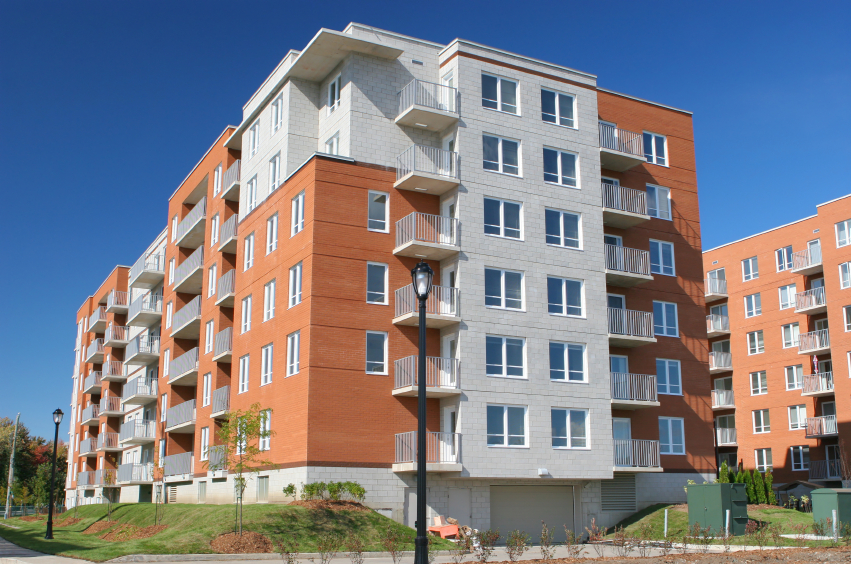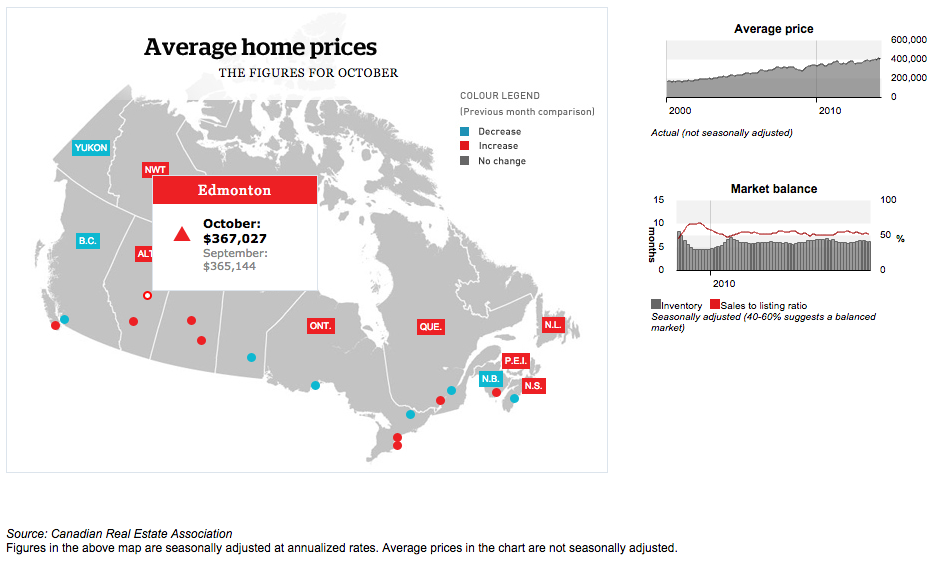In Need of Mortgage Advice?
Friday, December 29th, 20175 Tips for Finding the Right Mortgage Professional for Your Needs
Finding the perfect Edmonton home is only the first step in the journey towards home ownership. The next step is a financial one and comes with many questions: Is the home being bought with cash or is a mortgage needed? Will the buyer be using a mortgage broker or going to a bank? If those questions don’t have definitive answers then maybe it’s time to turn to a mortgage professional for help. Here are five things to think about when searching for the right mortgage professional.
Talk to Recent Homeowners about Their Experience
Some people have negative experiences when buying a home, but most of them loved the team they assembled and would recommend them to anybody who asked. One of the best ways to find a mortgage professional is to talk to friends and family members who have bought a home in the last few years about their experience. It’s the easiest way to get honest feedback and everybody who loved their Edmonton mortgage professional will be more than eager to share that information.
Meet with a Wide Variety of Professionals
The best way to get to know somebody is to meet face to face. Websites, ads and personal recommendations can only reveal so much about a person and nobody can know how much they connect until meeting firsthand. Make sure not to jump the gun and settle after the first meeting, it’s important to talk to as many professionals as possible to make sure the right choice is being made.
Ask for a History of Lenders They do Business With
Mortgage brokers receive a fee from the bank or financial institution where the mortgage is set up. This is to be expected but it can lead to a broker giving preferential treatment to a lender that gives out a larger fee. A professional who does business with many different banks will probably look out for the client’s interest more than one who only does business with one or two financial institutions.
Look for a Professional with Years of Experience
The real estate market across Canada has gone through a massive boom in the last ten years, which resulted in plenty of people switching their professional focus to capitalize on the increased work. This is why mortgage brokers are so popular across the country now, which has benefits and drawbacks. The benefit is that the buyer has more choice.
Make Sure They Have Experience in the Community
Make sure any mortgage broker is local and has experience in the community, just because it’s the buyer’s first time doesn’t mean it should be their broker’s first time. Buying a new home can be scary and stressful, but if you’re surrounded by the right team it can be the seamless experience that other people brag about.
 Bare Land vs Conventional Condos
Bare Land vs Conventional Condos
 How to Assess Whether or Not You Need One
How to Assess Whether or Not You Need One Upgrading to a Larger Home – Are you ready?
Upgrading to a Larger Home – Are you ready? Giving a Smaller Home a More Roomy Feel
Giving a Smaller Home a More Roomy Feel
 Why a Realtor Streamlines the Process of Selling Your Home
Why a Realtor Streamlines the Process of Selling Your Home
